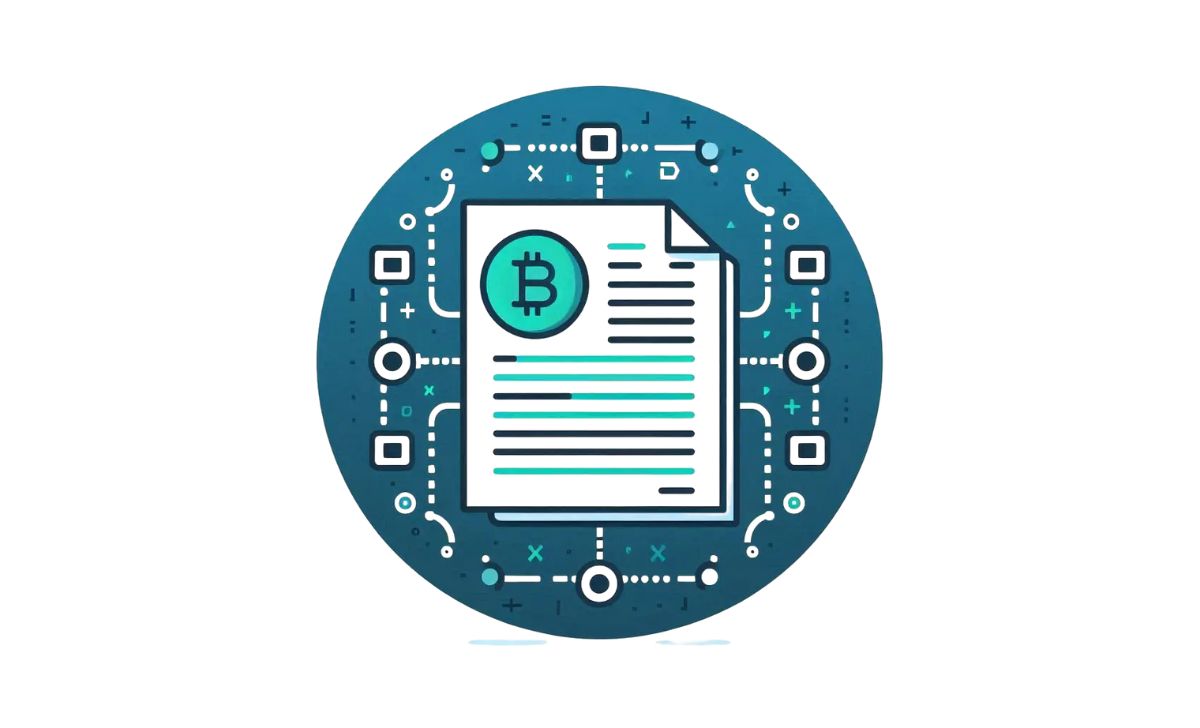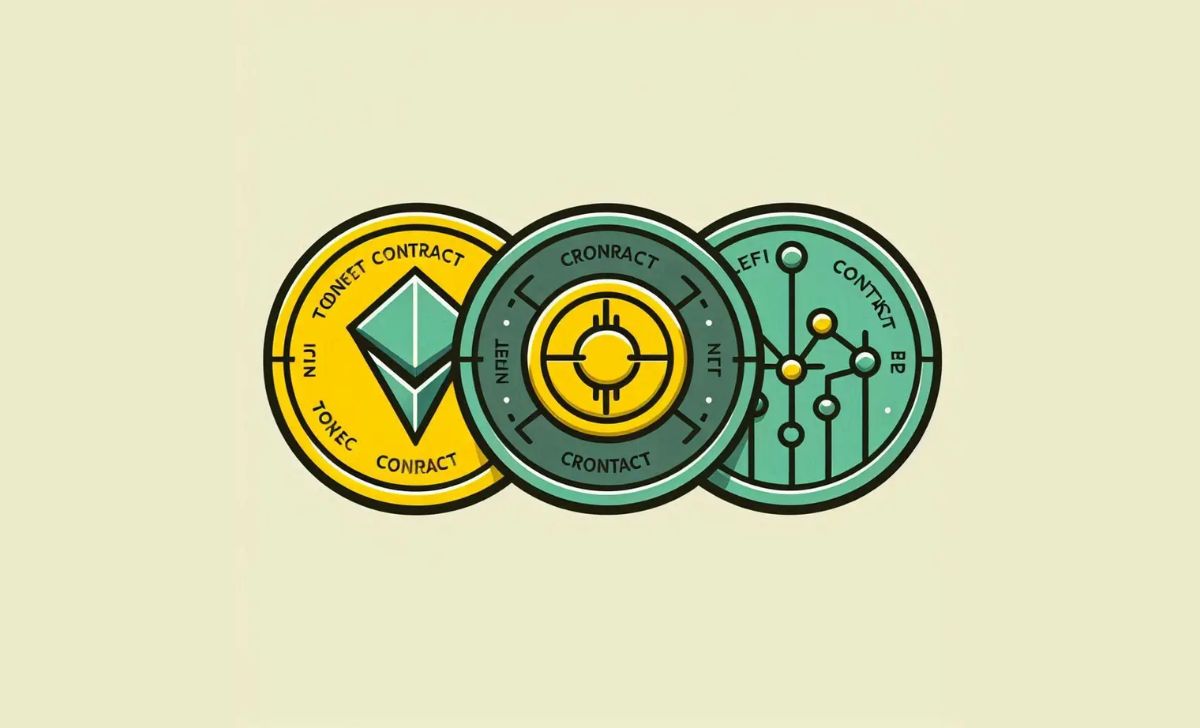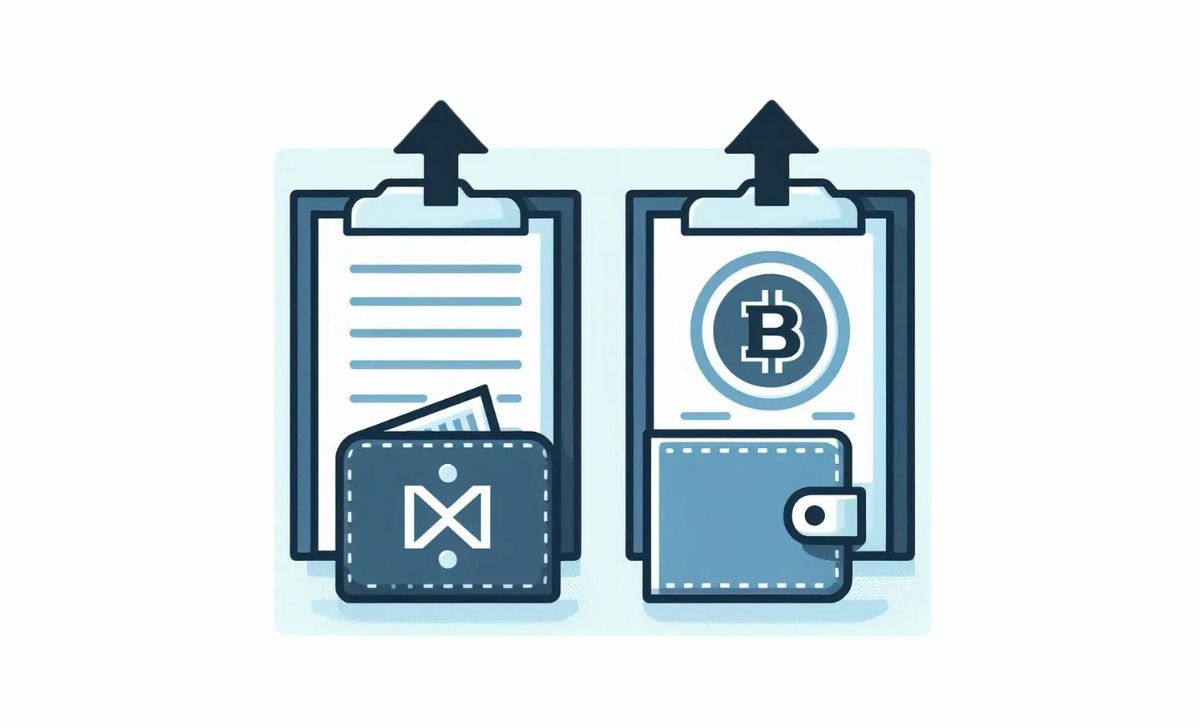A contract address crypto is a unique identifier for a smart contract on the blockchain, typically starting with “0x” and immutable once created. This address allows users to interact with smart contracts, perform functions such as sending/receiving tokens, staking, swapping, token management, and project verification.
This article will help you distinguish contract addresses from wallet addresses, analyze their functions, common types, and safe usage practices. For a deeper understanding of the role of contract addresses in blockchain, check out the analysis from TOPCOIN9 below.
Definition of Contract Address in Crypto

A contract address in crypto is a unique identifier automatically generated when a smart contract is deployed on a blockchain, typically starting with ‘0x’ followed by 40 hexadecimal characters (Wikipedia, 2014; NIST, 2018; Gate.com, 2025). This address distinguishes smart contract accounts from user accounts and serves as the primary access point for interacting with the contract’s functions and data (Wikipedia, 2014; NIST, 2018).
Contract addresses are deterministically derived from the creator’s address and transaction nonce, ensuring each contract is uniquely and permanently identified on the blockchain (NIST, 2018; Wikipedia, 2014). They are essential for sending tokens, executing contract functions, and verifying the authenticity of blockchain-based assets (Gate.com, 2025; Wikipedia, 2014).
Now that you understand what a contract address is in the crypto space, let’s explore its key functions and why it plays such an important role in blockchain transactions.
Functions and Importance of Contract Address

Contract addresses are unique blockchain identifiers that enable interaction with smart contracts, playing a foundational role in the crypto ecosystem (Bittime, 2025; Gate.com, 2025; Bitget, 2025).
- Interaction Hub: Contract addresses allow users and decentralized applications (dApps) to interact with smart contracts executing functions, transferring tokens, or triggering automated processes (Gate.com, 2025; 1inch, 2021).
- Token Management: Every token (ERC-20, ERC-721, etc.) is managed through a contract address, which handles creation, transfers, supply management, and ownership verification (Bitget, 2025; Bittime, 2025).
- Transparency and Auditability: All interactions with contract addresses are recorded on the blockchain, ensuring public transparency and enabling anyone to verify transactions, contract code, and token legitimacy (Bittime, 2025; Gate.com, 2025).
- Security and Trust: Contract addresses are immutable and unique, helping users avoid counterfeit tokens and malicious contracts by verifying addresses through blockchain explorers like Etherscan (Bittime, 2025; Bitget, 2025).
- Foundation for DeFi and NFTs: They are essential for the operation of DeFi protocols, NFT platforms, and decentralized exchanges, enabling permissionless innovation and interoperability across the blockchain ecosystem (Bitget, 2025; Gate.com, 2025).
If you use a defi tracker, you can easily follow all transactions and smart contract interactions linked to a specific contract address, helping you manage your DeFi portfolio and monitor on-chain activity in real time.
In summary, contract addresses are indispensable for secure, transparent, and efficient blockchain operations, serving as the backbone for token management, dApp interaction, and decentralized finance (Bittime, 2025; Bitget, 2025).
After learning about its functions and significance, it’s helpful to look at the most common types of contract addresses you’ll encounter in the cryptocurrency ecosystem.
Common Types of Contract Addresses in Crypto

Contract addresses in crypto come in several forms, each serving specific roles within blockchain networks and smart contract ecosystems (Wikipedia, 2014; NIST, 2018; The Open Network, 2025).
- Externally Owned Addresses (EOAs): These are user-controlled addresses generated from a public-private key pair. While not technically contract addresses, they are often contrasted with contract accounts and are essential for initiating transactions and holding assets (Wikipedia, 2014; NIST, 2018; Ethereum Classic, 2024).
- Contract Addresses (Smart Contract Accounts): Created automatically when a smart contract is deployed, these addresses are unique, immutable, and serve as the access point for interacting with contract logic and data (Wikipedia, 2014; NIST, 2018).
- Token Contract Addresses: Each fungible (ERC-20) or non-fungible (ERC-721) token is managed by a specific contract address, which governs token creation, transfers, and supply (Wikipedia, 2014).
- Raw and User-Friendly Addresses (TON Blockchain): On networks like TON, contract addresses can appear in raw hexadecimal format or as user-friendly, base64-encoded strings with additional flags for bounceability and network type (The Open Network, 2025).
Understanding these types is essential for secure interaction, token management, and the development of decentralized applications across various blockchain platforms (NIST, 2018; Wikipedia, 2014).
With these types in mind, let’s move on to a comparison between contract addresses and wallet addresses to clarify their differences and uses.
Comparison: Contract Address vs Wallet Address

To clearly understand the differences between a contract address and a wallet address in crypto, see the comparison table below (Wikipedia, 2014; Alchemy, 2025; 1inch, 2021; Cryptoworth, 2025).
| Attribute | Contract Address | Wallet Address |
| Purpose | Linked to a smart contract; enables interaction with automated blockchain functions and dApps | Linked to a user’s wallet; used to send, receive, and hold cryptocurrencies or NFTs |
| Creation | Generated during smart contract deployment from creator’s address and transaction nonce | Derived from a user’s private key using cryptographic algorithms |
| Functionality | Executes smart contract functions, manages token logic, cannot directly hold or spend assets like a wallet | Allows users to control, store, and transfer digital assets |
| Interaction | Used to trigger contract functions, check token supply, interact with dApps | Used for peer-to-peer transactions and asset management |
| Identification | Identified as a contract on blockchain explorers (e.g., Etherscan); sending assets may result in loss if not handled | Identified as a wallet on explorers; assets sent can be accessed and managed by the owner |
You can distinguish between the two using blockchain explorers like Etherscan. Sending assets to a contract address may result in permanent loss unless the contract is designed to accept them.
Understanding contract addresses is crucial for navigating the crypto ecosystem, as they define how users interact with smart contracts, manage tokens, and differentiate between contract and wallet addresses. By grasping their functions, types, and key differences, investors and developers can operate more securely and efficiently on the blockchain. For more expert insights and updates on blockchain technology, follow TOPCOIN9.

Sophia Mitchell is a passionate crypto educator with 6+ years of experience in blockchain training and community building. She has led educational initiatives for major crypto platforms and now empowers the TopCoin9 audience with valuable insights into Web3, staking, and DeFi.
Email: [email protected]












